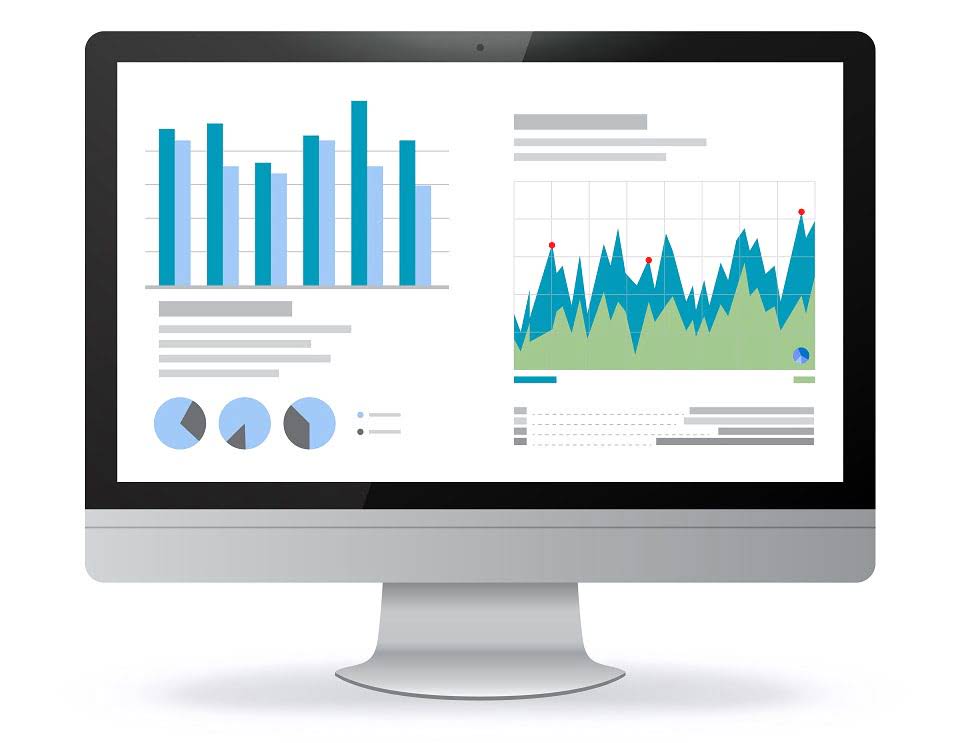
They assure stakeholders that financial information is trustworthy and meets the required standards. Accountants Accounts Receivable Outsourcing design and implement internal controls to safeguard assets, prevent fraud, and ensure compliance with financial regulations. They assess and manage financial risks, recommend mitigation strategies, and monitor internal control effectiveness. Bookkeeping can be defined as the proper and systematic maintenance of the books of accounts.
Key Skills for Bookkeepers and Accountants
It helps businesses to maintain timely and accurate records of their finances. Some business owners learn to manage their finances on their own, while others opt to hire a professional so that they can focus on the parts of their business that they really love. Whichever option you choose, investing—whether it be time or money—into your business financials will only help your business grow. These days, most popular accounting software programs do both bookkeeping (transaction recording) and accounting (preparing financial reports, analyzing trends, etc.).
The Difference Between Bookkeeping and Accounting
- The primary focus is on maintaining accurate and complete financial records in a systematic manner.
- According to the Bureau of Labor Statistics, the median annual wage for accountants and auditors was around $78,000 in the United States in 2022.
- Ultimately, it is subjective, and some individuals may find bookkeeping more or less stressful based on their personal preferences and abilities to manage workload and pressure.
- To transition from bookkeeper to accountant, you’ll need to acquire advanced accounting skills and knowledge.
The most accepted definition of an audit is given as an evaluation of a personal organization, process, system, or business. The term is most difference between bookkeeping and accounting ordinarily used with respect to audits in accounting, and sometimes in project management, legal departments, and financial management also. In other words, an audit is a necessarily unbiased analysis or examination of an organization’s statements. Proficiency in accounting software is crucial for modern bookkeepers and accountants. They should be comfortable working with industry-standard software like QuickBooks, Xero, or Sage.
The Ultimate Guide to CPA Jobs: Everything You Need to Know

Job growth for accountants will likely track fairly closely with the broader economy, making it a more stable career choice. If you’re willing to take on the responsibility, you can do your own bookkeeping! Certification is highly encouraged and can significantly impact career advancement and earning potential. The most sought-after credential is the CPA license, which is necessary for any accountant who files reports with the Securities and Exchange Commission (SEC).

QuickBooks Support

CPAs should understand tax law and accounting software well while also demonstrating excellent communication and social skills. If you want to hire a CPA, make sure they also have a working understanding of your industry and what small businesses generally need. As a small business owner or sole trader, you may look to accountants for help with the process of creating your company. You may also need an accountant to help you with financial forecasts, tax compliance, planning and filing, and strategic planning. Accountants are typically required to have formal education, professional certifications, and a deeper understanding of financial principles. They must be able to not only understand financial data but also contextualize it within broader economic trends and business goals.
- The accounting process is more subjective than bookkeeping, which is largely transactional.
- For a clearer understanding of the distinctions between bookkeeping and accounting, refer to the comparison table below, which highlights their primary differences.
- Depending on training, bookkeepers might not be as equipped as accountants to offer financial advice and strategy for the business.
- The most important focus of bookkeeping is to maintain an accurate record of all the monetary transactions of a business.
Bookkeeping ensures that no details are missed and everything is tracked for future reference. The goal of bookkeeping is to create an accurate, up-to-date record of every financial transaction. The double-entry bookkeeping system began in the 1400s in Italy, making it easier for people to track money coming in and going out. Accountants help with budgeting and financial forecasting, providing insights into your business’s future performance and helping you make informed financial decisions.

How Does Bookkeeping Contribute to the Overall Accounting Process? – Bookkeeping vs. Accounting
Accounting incorporates advanced tools, including enterprise resource planning (ERP) systems like Oracle NetSuite. These systems integrate budgeting, tax planning, and financial analysis within a centralized framework. Specialized software, like Microsoft Dynamics, allows accountants to perform detailed online bookkeeping financial modeling or evaluate investment scenarios.
